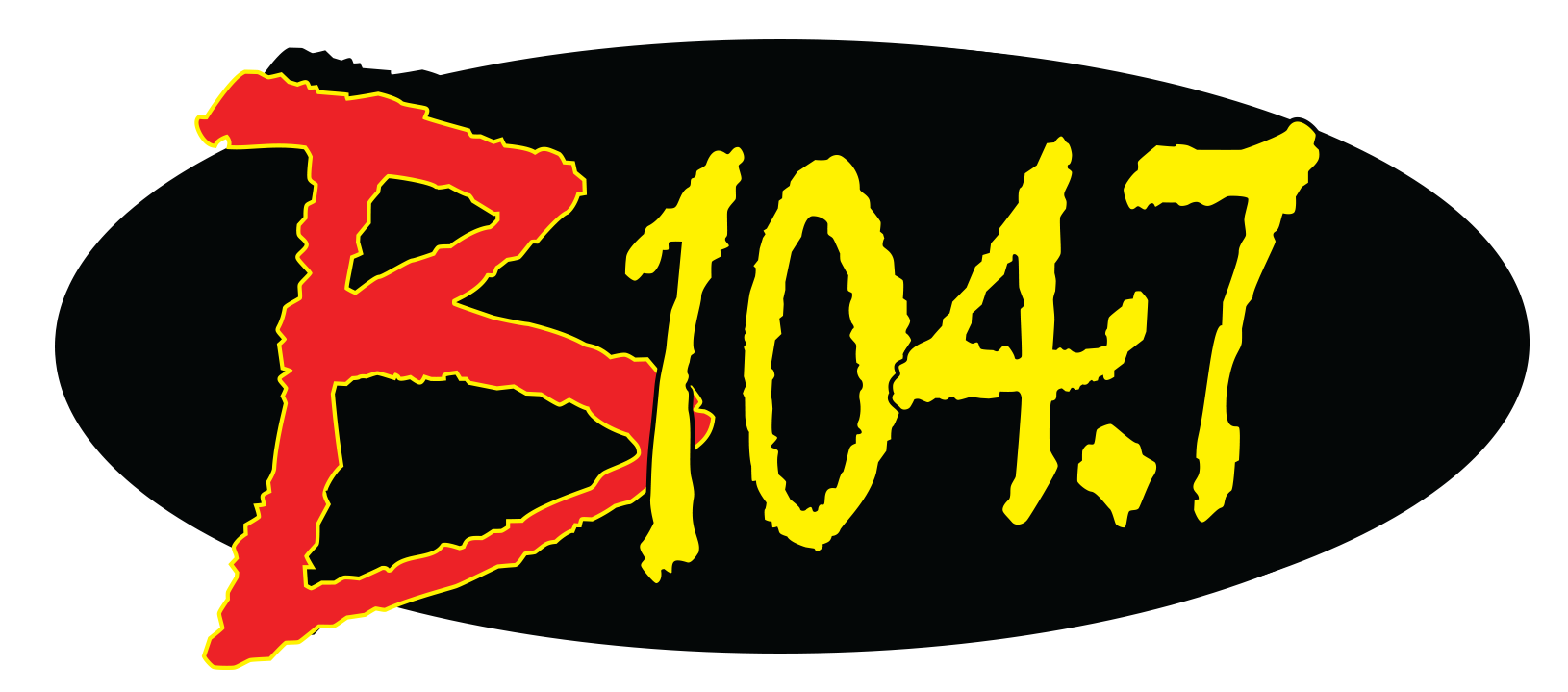

Riley County Commissioners Ron Wells, left, Marvin Rodriguez and Ben Wilson. (Staff photo by Brady Bauman)
Riley County commissioners approved the latest revision of a letter Thursday addressed to the state’s congressional delegation regarding the National Bio and Agro-defense Facility and the hefty price tag of emergency radio system upgrades for the county.
The county is hoping the federal government will chip in on the cost of a new radio system because NBAF, once completed, would benefit from the county’s emergency services.
The new radio system will cost the county anywhere from $6-9 million. County officials have said the current radio system has aged well past its use and continued narrowbanding regulations from the Federal Communications Commission has also been taxing on the system — so much so emergency crews and police officers are often victim to several dead spots in the county.
The letter is addressed to Sen. Pat Roberts, Sen. Jerry Moran, Rep. Roger Marshall, Rep. Lynn Jenkins and Rep. Kevin Yoder.
In the latest revision of the letter, references to the City of Manhattan have been removed. On March 16, the draft of the letter included language that said, “NBAF’s national mission cannot be carried out without significant costs to the local citizens of Riley County and the City of Manhattan.”
Later in the March 16 version, the City of Manhattan is mentioned again, where it states, “These local on-going expenditures for the benefit of NBAF will permanently increase operational costs for both the City of Manhattan and Riley County. Without federal participation in sharing some of those NBAF costs, our local taxpayers will bear alone a disproportionate share of the expenses necessary to operate a national facility which will be of significant benefit to the entire U.S.population.”
Clancy Holeman, the county counselor, told the commission the latest revision gets more to the point and focuses more on the county.
“(Manhattan) City Manager Ron Fehr, which I shared with you, had some concerns about the tenor of the letter — not just the tenor, but the details of it — and I tweaked it enough, I think, that it actually zeros in on what your primary concern is, anyway,” Holeman said.
“I’m fine, since we don’t have the City involved, in going ahead with this,” Commission chairman Ron Wells said. “It can’t hurt anything.”
Commissioners Marvin Rodriguez and Ben Wilson agreed.
Wells said he expects pushback on the letter and that some officials suggest the potential revenue windfall of NBAF will offset costs such a facility brings to the region.
But Wells expressed doubt it will translate into lower taxes for Riley County residents.
“I’ve been here 72 years, tomorrow, and I haven’t seen anything that’s come in — and we’ve spent hundreds of millions — and I haven’t seen my taxes go down one penny, because of something coming in,” he said.
Holeman agreed with Wells that some may disagree with the county’s approach.
“You’re absolutely right,” Holeman answered. “You’ll get pushback from various quarters that this is a bad idea, but that’s up to you. If you want to make the point (that federal aid is needed) this is the way to do it.”
The commission’s approved letter reads as follows:
March 23, 2017
Senator Pat Roberts
Senator Jerry Moran
Representative Roger Marshall
Representative Lynn Jenkins
Representative Kevin Yoder
Re: Federal Assistance with Federally Mandated Local Emergency Communications Upgrade Costs
Dear Members of the Kansas Congressional Delegation:
Riley County is proud to be home to the National Bio and Agro-Defense Facility (“NBAF”).
Scheduled to open in 2022, NBAF construction is well underway. This facility is essential to the
national security of America. NBAF’s primary mission is national in scope: to protect America’s
food supply and ensure our country’s entire population is safe from zoonotic diseases which could
be dispersed nationwide as a weapon of terror.
NBAF’s national mission cannot be carried out without significant costs to the local constituents of
the Riley County Commission. Riley County is currently working to comply with the Federal
Communications Commission’s nationwide “narrow-banding mandate.” Estimates are the required
upgrades to Riley County’s emergency communications radio system will cost local taxpayers
between $7 and $9 million dollars. After those radio system upgrades are complete, a key benefit to
both local taxpayers and to NBAF will be the resulting interoperability of radio communications
between law enforcement and emergency responders. NBAF will justifiably depend, in significant
part, upon the services of local emergency responders in the event of a catastrophic event, whether
natural or man-made. Interoperable communication between those local emergency responders is
obviously of significant benefit to NBAF.
Unfortunately, the federal “narrow-banding mandate” was generated without any accompanying
financial assistance program for local governments.
These local “narrow-banding mandate” expenditures will permanently increase operational costs for
Riley County. Without federal participation in sharing some of those “narrow-banding” costs, Riley
County taxpayers will bear a disproportionate share of expenses necessary to operate a national
facility which will be of significant benefit to the entire U.S. population.
This letter is to ask you to help us obtain federal funding to help defray the foregoing “narrowbanding mandate” costs which will be incurred by Riley County.
Sincerely,
BOARD OF COMMISSIONERS
OF RILEY COUNTY, KANSAS
______________________________
Ronald E. Wells, Chairman
______________________________
Marvin Rodriguez, Vice Chair
______________________________
Ben Wilson, Member
The post Riley County officials hope radio system upgrade recieves federal help appeared first on News Radio KMAN.

